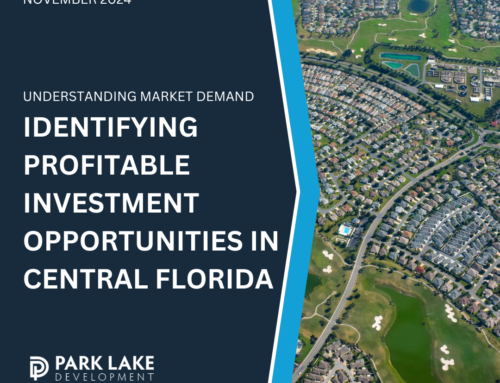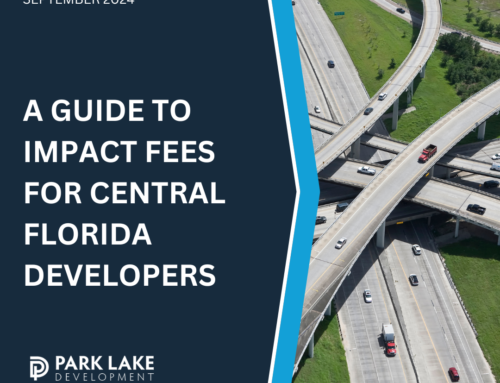February, 2025
The recent imposition of tariffs by the U.S. government has raised significant concerns within the homebuilding industry, particularly regarding their potential to exacerbate existing challenges in the housing market. These tariffs, which include a 25% levy on imports from Canada and Mexico and a 10% levy on imports from China, are anticipated to increase the costs of key building materials, thereby affecting both builders and prospective homeowners.
Impact on Construction Costs
 The National Association of Home Builders (NAHB) has expressed apprehension that these tariffs will lead to higher construction costs. The U.S. imports substantial amounts of softwood lumber and gypsum from Canada and Mexico, materials essential for home construction. The increased costs of these materials are likely to be transferred to consumers, resulting in higher home prices. Lennar Corporation, a major homebuilder, estimates that the tariffs could raise the cost of constructing each home by up to $7,000.
The National Association of Home Builders (NAHB) has expressed apprehension that these tariffs will lead to higher construction costs. The U.S. imports substantial amounts of softwood lumber and gypsum from Canada and Mexico, materials essential for home construction. The increased costs of these materials are likely to be transferred to consumers, resulting in higher home prices. Lennar Corporation, a major homebuilder, estimates that the tariffs could raise the cost of constructing each home by up to $7,000.
Market Reactions
In response to the tariff announcements, homebuilder stocks have experienced notable declines. The iShares U.S. Home Construction exchange-traded fund dropped 2.6%, with major builders like D.R. Horton, Lennar, NVR, and PulteGroup seeing decreases ranging from 3% to 4.1%. These market movements reflect investor concerns about the potential for increased construction costs to further strain housing affordability.
Challenges to Housing Affordability
 The housing market is already grappling with affordability issues due to higher mortgage rates and firm home prices. The additional costs stemming from the tariffs could exacerbate these challenges, making homeownership even more difficult for many Americans. The potential for shortages and price hikes on certain supplies due to tariffs and supply chain issues is also a concern. Builders might pass these increased costs onto buyers, impacting home sales. Existing home sales have been low, while new home sales could slow if prices rise too much, making affordability a critical issue for both homeowners and builders.
The housing market is already grappling with affordability issues due to higher mortgage rates and firm home prices. The additional costs stemming from the tariffs could exacerbate these challenges, making homeownership even more difficult for many Americans. The potential for shortages and price hikes on certain supplies due to tariffs and supply chain issues is also a concern. Builders might pass these increased costs onto buyers, impacting home sales. Existing home sales have been low, while new home sales could slow if prices rise too much, making affordability a critical issue for both homeowners and builders.
Broader Economic Implications
 Beyond the immediate impact on construction costs and housing affordability, the tariffs could have wider economic effects. The increased costs associated with tariffs may lead builders and developers to delay or cancel projects, further constraining housing supply. This reduction in housing availability could intensify the existing inventory crisis, leading to higher prices and reduced options for buyers. Additionally, the tariffs may contribute to inflationary pressures in the broader economy, as increased costs in the construction sector could ripple through related industries.
Beyond the immediate impact on construction costs and housing affordability, the tariffs could have wider economic effects. The increased costs associated with tariffs may lead builders and developers to delay or cancel projects, further constraining housing supply. This reduction in housing availability could intensify the existing inventory crisis, leading to higher prices and reduced options for buyers. Additionally, the tariffs may contribute to inflationary pressures in the broader economy, as increased costs in the construction sector could ripple through related industries.
Conclusion
The imposition of new tariffs presents significant challenges for the homebuilding industry and the broader housing market. As construction costs rise due to increased prices for essential materials, housing affordability is likely to decline, posing difficulties for prospective homeowners and potentially slowing market activity. Stakeholders in the housing sector will need to closely monitor these developments and consider strategies to mitigate the impact of tariffs on construction costs and housing availability.
Take Action with Park Lake Development
If you’re navigating the complexities of the current housing market or are planning your next development project, Park Lake Development is here to assist. Our expertise in site selection, due diligence, and market analysis can help you make informed decisions and ensure your projects are designed to meet market demands. Contact us today to discuss how we can support your real estate endeavors in this evolving landscape.





